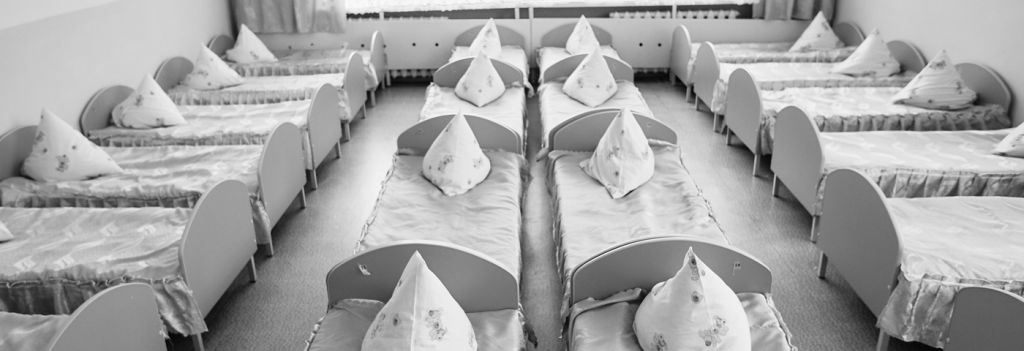Way back in 2011 the issue of orphanages in Cambodia was raised by Michael Horton during one of our Responsible Tourism sessions at WTM London. Michael reported that tourism was playing a major role in fuelling the orphanage industry in Siem Reap. Horton argued that by bringing travellers and tourists to Siem Reap, the industry has inadvertently played a significant role in creating demand for orphanages from visitors and volunteers who want to make a difference. The unscrupulous have fed on that noble motivation of travellers and of faith groups in originating markets.
Tourists have unwittingly encouraged child trafficking, resulting in children being removed from their parents and being subject to abuse, not least from paedophiles. Faith groups and others often naively supporting orphanages in other countries have effectively done the same. The issue comes and goes in the mainstream media, just last week File on 4 the hard hitting investigate documentary series on the UK’s BBC Radio 4 reported on The Orphanage Business. The harm done by well-meaning but naïve tourists and faith groups is not limited to Uganda.
In Uganda the government is attempting to close down all illegal orphanages generally located on tourist routes, in tourist hotspots or with links to charities and faith groups in Europe or the USA. In the 1990s there were fewer than 2,000 children living in orphanages. There are now 55,000 children in orphanages in Uganda professional child finders work to persuade parents to give up their children. The children have been turned into commodities to generate money for the owners of the orphanage businesses and if we are not very careful we will fuel the trade and the abuse that follows.
Hope and Homes for Children‘s report on File on 4 that 37% of children in homes experience violence or abuse many more suffer neglect and that they are 10 more times to be involved in prostitution. Do not discount the reputational damage which you may suffer is you are linked with paedophile activity. The case of a British Airways award winning pilot way back in 2015 was covered again in the 2019 radio programme.
The problem is widespread and pernicious. What can be done about it?
- Stop sending volunteers to orphanages. There is a powerful video here
- Do not organise visits to orphanages and discourage people – staff and clients – from donating to orphanages
- Discourage your travellers from donating to orphanages and homes.
TUI has taken action to ensure that their programmes do not contribute to the exploitation of children. In the Group’s Anti-Slavery Statement they acknowledge that “Active recruitment of children into orphanages for the purpose of profiting through foreign aid and volunteerism is a form of child trafficking and modern slavery.” “In response to a campaign to counter child trafficking in orphanages”, TUI has acted to ensure that no orphanages are offered in TUI excursions.
There are charities which focus on reuniting children with their parents or their extended families. In the Ugandan example featured in the File on 4 programme most of the children were quickly reunited with their parents, many of whom were only a phone call away. It is not always so easy.
Next Generation Nepal prevents children from being trafficked into abusive children’s homes, and helps reconnect and rebuild family connections that have been torn asunder by traffickers. “There are hundreds of children living in “orphanages” in Nepal, yet at least two thirds of these children are not orphans. Despite international and Nepali laws and policies against the use of children’s homes, except as a last resort, hundreds of children continue to be trafficked into such institutions.” Hope and Homes for Children is a “global expert in the field of deinstitutionalisation. By closing institutions, supporting children into loving, stable families and working with governments to tackle the root causes of family breakdown, [they] are working towards a day where orphanages have been eradicated for good.”
For more about why children belong in families see Lumos and Save the Children
